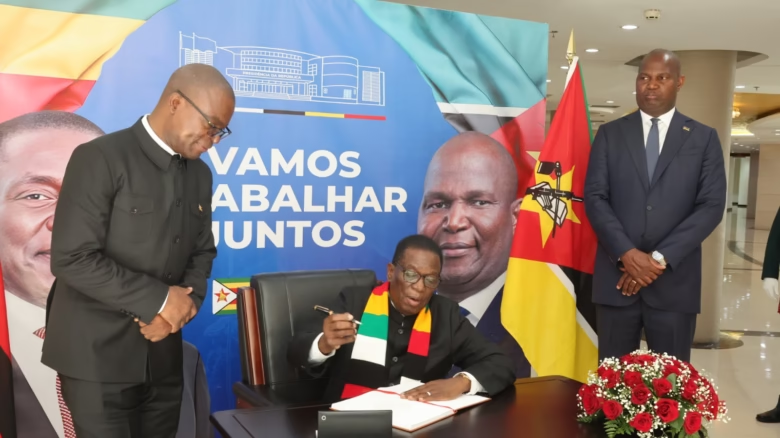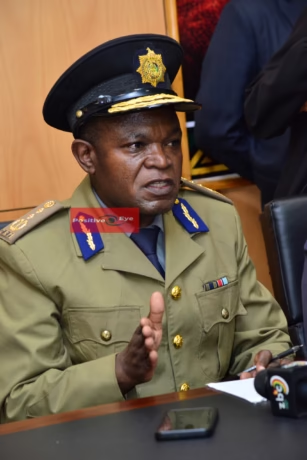
Vice President Constantino Chiwenga’s recent inspection of the Bhulaayo Kraal agricultural scheme in Binga has highlighted both challenges and opportunities, signaling a turning point for one of Zimbabwe’s ambitious rural development initiatives. While current operations show only a fraction of the planned 15,000-hectare cultivation, the Vice President’s intervention underscores the government’s commitment to ensuring that public resources achieve maximum impact and community benefit.
The Bhulaayo Kraal Project, designed to empower local communities through commercial-scale farming, has faced delays and underutilisation of key infrastructure, including centre-pivot irrigation systems and storage facilities. Rather than focusing solely on shortcomings, Chiwenga’s visit has opened the door for corrective measures that can fully unlock the scheme’s potential. His hands-on approach demonstrates strong leadership and a willingness to address bottlenecks, inspire accountability, and rally stakeholders around a shared vision for success.
A positive outlook emerges from this engagement: the Vice President’s directive for proper utilisation of fertilisers, machinery, and irrigation systems provides a roadmap for immediate improvement. The fact that infrastructure is already in place means that, with coordinated action from local authorities, traditional leaders, and community members, the project can quickly scale up to meet its intended capacity. This represents a tangible opportunity to enhance food security, create jobs, and stimulate local economic growth.
Moreover, the project aligns with the Second Republic’s broader agricultural transformation agenda, which prioritises community empowerment, value addition, and efficient use of public investment. By addressing operational gaps and activating the existing assets, Bhulaayo Kraal has the potential to serve as a model for other rural development initiatives, demonstrating how government oversight, combined with local participation, can turn underperforming projects into success stories.
The government’s proactive stance, as exemplified by VP Chiwenga, also sends a clear signal to stakeholders and investors that Zimbabwe is serious about delivering results in rural agriculture. With targeted interventions and strategic support, Bhulaayo Kraal can transform from a partially utilised scheme into a thriving agricultural hub that benefits thousands of residents and contributes meaningfully to the country’s food security and economic resilience.
In conclusion, while challenges exist, the Vice President’s visit highlights an actionable path forward. Through renewed collaboration, effective management, and community engagement, the Bhulaayo Kraal Project stands poised to realise its full potential, reinforcing Zimbabwe’s commitment to sustainable rural development and inclusive growth.




